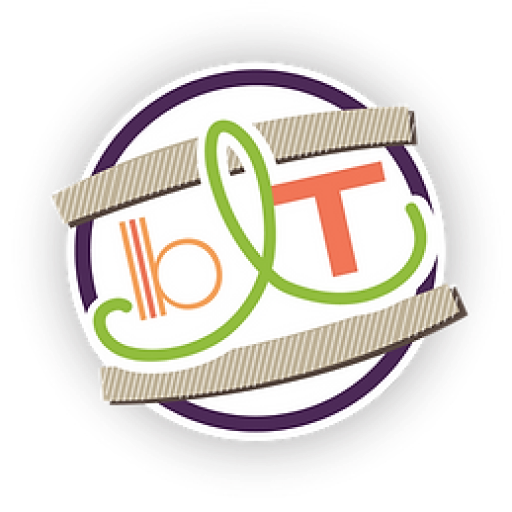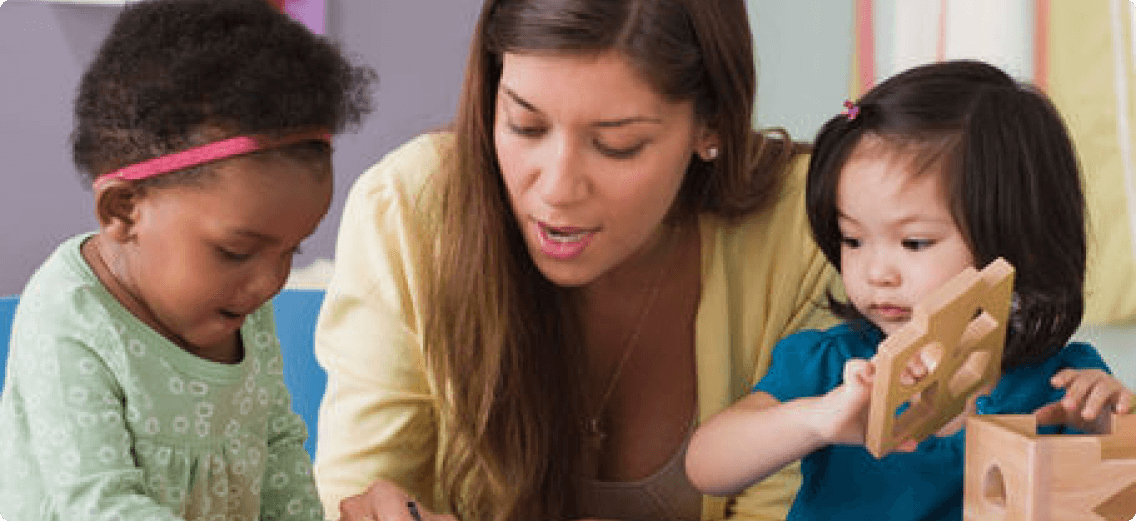Building strong foundational skills in the area of gross motor, fine motor, sensory and self regulation will help your child be independent and enable your child to focus on further developing their academic skills.
Gross motor skills involve the large muscles of the body that allow us to run, jump, dance, and throw a ball. To successfully complete these tasks, it is necessary to have good eye-hand coordination, balance, core strength, and spatial awareness, to name a few.
Developing postural control, strength and stability of the shoulder, elbow and wrist, and forearm rotation is also foundational to enabling children develop fine motor skills, which are critical to academics. Children with a strong core will be able to use their hands with control in any position. Shoulder stability is important for kindergarten, since it allows the child to be able to keep certain body parts still while moving others. It is important, for instance, for children to be able keep their shoulder joint still while using their wrist and fingers to write, cut, or glue. With all of these foundational skills strengthened, fine motor skills will become more easily refined.
Fine motor skills involve movement of the smaller muscle groups in your child’s wrists, hands, and fingers. Tasks such as writing, cutting, painting, and grasping small objects all involve fine motor skills. Without fine motor coordination, it is difficult for children to learn to write letters or participate in creative activities that help develop a child’s cognitive skills.
How a child processes sensory input is also very important in a child’s overall motor development. Sensory integration is our brain’s ability to receive sensory input, process it in order for us to effectively interact with our environment. Sensory integration was initially developed in the late 60s and 70s by Jean Ayres, an occupational therapist and psychologist. Sensory processing is important in overall learning and self-regulation.
We receive sensory input from our 5 traditional senses, vision, olfactory, hearing (gustatory), and tactile. In addition, we have our sense of proprioception, which gives us a sense of body awareness and vestibular sense, which give us our sense of balance and spatial orientation. Our sense of proprioception and our sense of balance have calming and organizing effects on our bodies, particularly when children feel overwhelmed or overstimulated with various sensory stimuli. An example of sensory integration difficulties is a child who may have discomfort with touching things. This reluctance to play, touch, and manipulate various objects may slow the development of fine motor skills. There is good news for you and your child when it comes to developing sensory motor skills: the best way to strengthen a child’s sensory motor skills is by play!
In addition to learning all of these sensory motor skills, we also need to teach our children self-regulation. Self-regulation is the ability to regulate, control, and adjust to emotions, behaviors, or attention to different situations we are faced with.
Some toddlers and young children have difficulties processing sensory input or have under-developed processing sensory systems, so they can have more intense reactions to these sensory input. They may have difficulties adjusting so they cannot control or communicate their emotions, because they feel overstimulated or overwhelmed, so they will quickly move into the “flight or fight” response.
When these children are in this state of mind, they cannot turn on their executive functions that direct higher thinking skills and controlled behavior. These higher level cognitive skills are needed to control impulsivity, organize their thoughts, and handle frustration and stress. It is the foundation for organizing their thoughts and handling frustration and stress adequately.
Self-regulation is a tough skill even for adults. We can help our children improve their self-regulation skills by incorporating and teaching them how to do movement breaks, breathing techniques, and practicing mindfulness in order to learn to calm themselves effectively throughout everyday life.
Breath control is one of the best methods and strategies for calming our bodies. Learning to control our breathing is one of the quickest and easiest ways to get a child back to using their logical thinking skills. Breath control and practicing mindfulness help children to become present in the moment, and be able to control their bodies.
All of these skills are important in order for children to be successful at school, the playground, and out in the community, which help build friendships, social relationships, and self-esteem.

